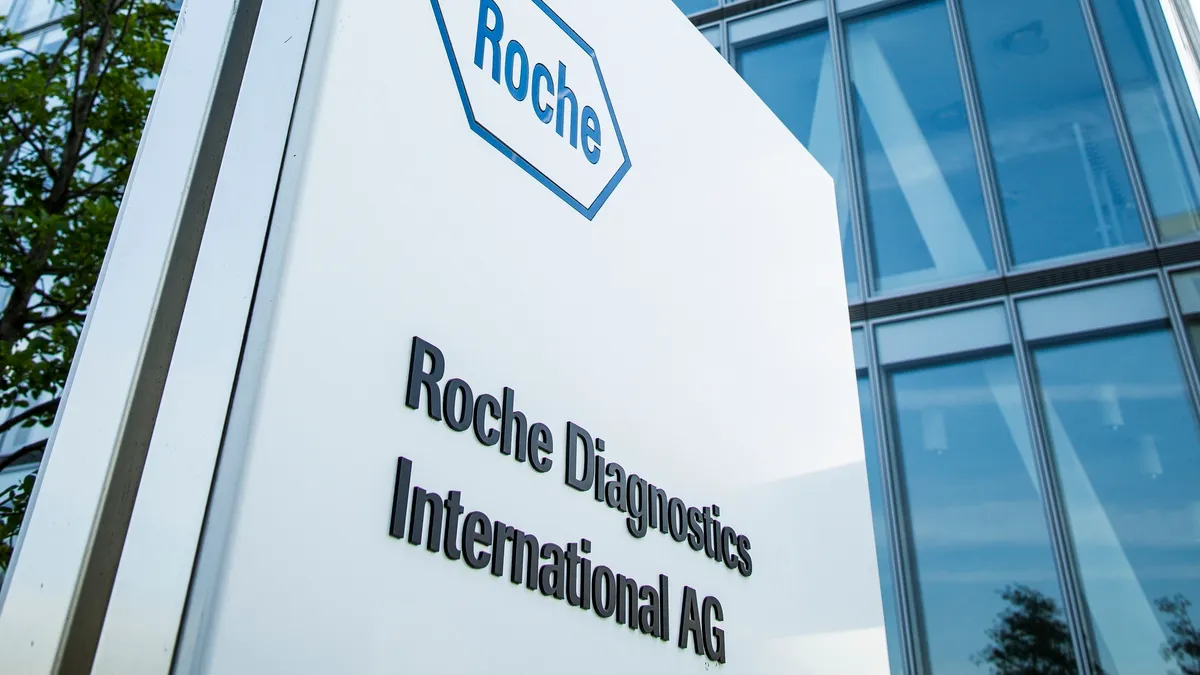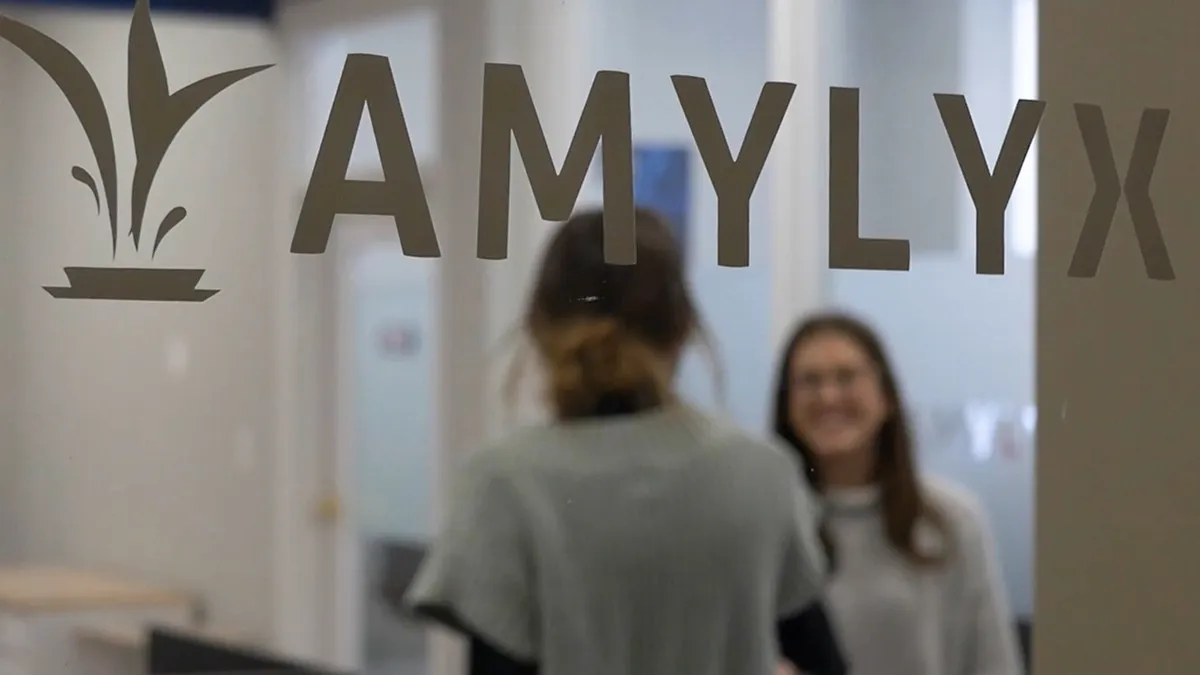While biotechs look to hitch a ride on the GLP-1 weight loss rocket ship that shot drugs like Wegovy and Zepbound toward stratospheric sales, some of the contenders have gotten a swift gravity check.
Most recently, BioAge Labs’ muscle-preserving candidate azelaprag crashed down to earth when a phase 2 trial revealed a troubling safety signal, prompting the company to halt dosing and enrollment. BioAge was testing the obesity drug alone and in combination with tirzepatide when some patients started showing elevated liver enzymes, which can portend organ damage.
The side effect dimmed hopes for the medication, which mimics a peptide released in response to exercise. BioAge hoped it would help patients shed weight without losing muscle mass, overcoming one of the main drawbacks of GLP-1s. The company plans to offer more information about azelaprag’s development fate in early 2025.
Biohaven, which is also testing a muscle-preserving weight loss drug, similarly tasted failure last month. But the company still hopes its anti-myostatin drug taldefgrobep alfa can land among the stars. In a twist of fate, the drug’s failure in a phase 3 trial for the rare genetic neurodegenerative disorder spinal muscular atrophy might have bolstered its prospects for weight loss. Patients in the trial trimmed fat while seeing increases in muscle and bone density, which prompted Biohaven to move quickly into a phase 2 obesity study.
The drug already has a known safety profile, so it’s not likely to run into the same problem as BioAge, and Biohaven hopes its potential will bear out in future trials, securing a place in the weight loss lineup.
Other recent trial failures don’t necessarily have a bright side. Here’s a look at three other washouts in the drug development arena.
An anti-TIGIT contender faces (another) setback
Developer: Roche
Drug: tiragolumab
Why it matters: Hopes were high for the anti-TIGIT oncology contender tiragolumab from Roche’s Genentech. But a failed phase 3 trial dimmed its prospects and has some wondering if this once-promising class of investigational immunotherapy cancer drugs is missing the mark.
Leaked interim results from the trial last summer temporarily buoyed hopes for tiragolumab when it showed non-small cell lung cancer patients who took the drug along with Roche’s approved PD-L1 checkpoint inhibitor Tecentriq appeared to be living longer than those who took Tecentriq alone. However, phase 3 trial results released last month showed that hope was misplaced. The drug didn’t demonstrate a life-extending benefit.
This finding heaped another failure onto the pile for the drugmaker. Past setbacks also included a loss in a head-to-head faceoff with Merck & Co.’s industry leader Keytruda in non-squamous non-small cell lung cancer. Tiragolumab is still being tested in head and neck, esophageal, and other blood and solid tumors.
Other anti-TIGIT drugs have seen similar setbacks, including the anti-TIGIT antibody vibostolimab from Merck, which failed in phase 3. However, an anti-TIGIT drug from Gilead and Arcus Biosciences seems to be bucking the trend and may revive some hope in the drug class. A combination of the drug domvanalimab and the checkpoint inhibitor zimberelimab appeared to improve outcomes in non-small cell lung cancer compared with zimberelimab or chemotherapy alone.
A shocking schizophrenia failure
Developer: AbbVie
Drug: emraclidine
Why it matters: With the summer’s milestone approval of Bristol Myers Squibb’s Cobenfy, the first new schizophrenia drug in decades, many expected smooth sailing for AbbVie’s emraclidine, another up-and-comer in the same drug category of muscarinic agonists. Experts predicted the drug could bring similar efficacy for patients with schizophrenia but with a less frequent dosing schedule and a better side effect profile.
However, in a stunning turn of events, the drug failed two mid-phase clinical trials, performing no better than placebo. The setback was a massive blow to AbbVie, which acquired the asset from Cerevel Therapeutics in a multibillion-dollar deal.
AbbVie lost $40 billion in market cap while competitor BMS saw a 12% bump in share price, further securing its foothold in the market for the near term. Some experts said the failure could also have implications for other companies working to bring forth schizophrenia drugs in the same class.
A controversial Alzheimer’s drug runs aground
Developer: Cassava Sciences
Drug: simufilam
Why it matters: This beleaguered biotech has been ensnared in an SEC investigation into whether researchers doctored data to mislead investors about phase 2 data for the drug simufilam, which targets the protein filamin-A, thought to be an Alzheimer’s biomarker. The company agreed to pay $40 million to settle the SEC investigation only to announce later that the drug failed in phase 3 — patients in the trial didn’t improve on functional or cognitive measures.
The trial flop marks another setback in the Alzheimer’s space that has seen scattered wins and significant upheaval, including the uproar over the first approved Alzheimer’s drug Aduhelm. Two other options shown to slow disease progression are now on the market, Leqembi and Kisunla, but questions remain regarding their value.



















